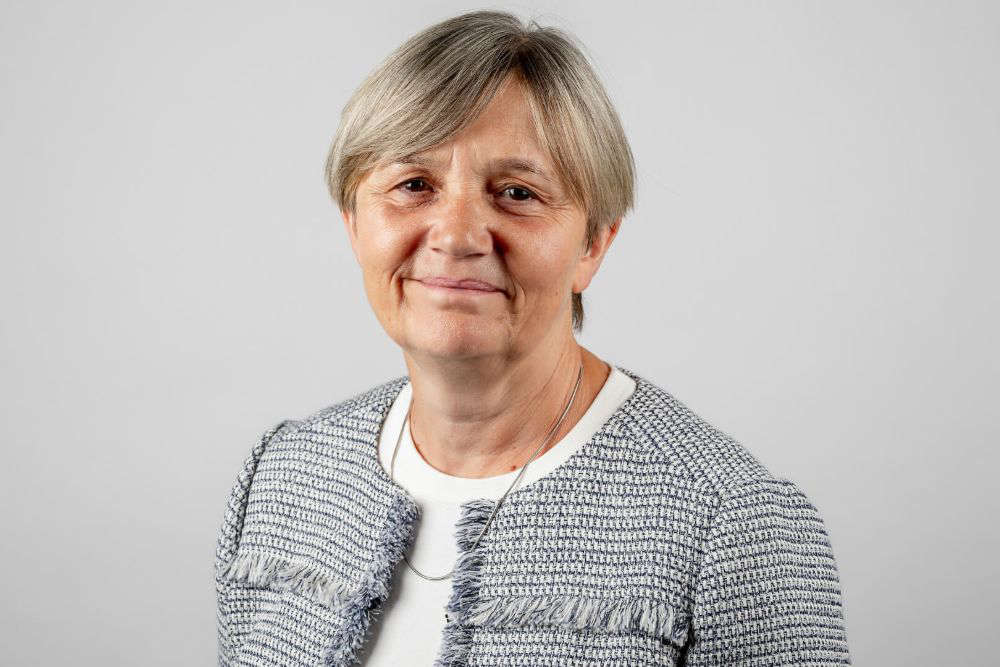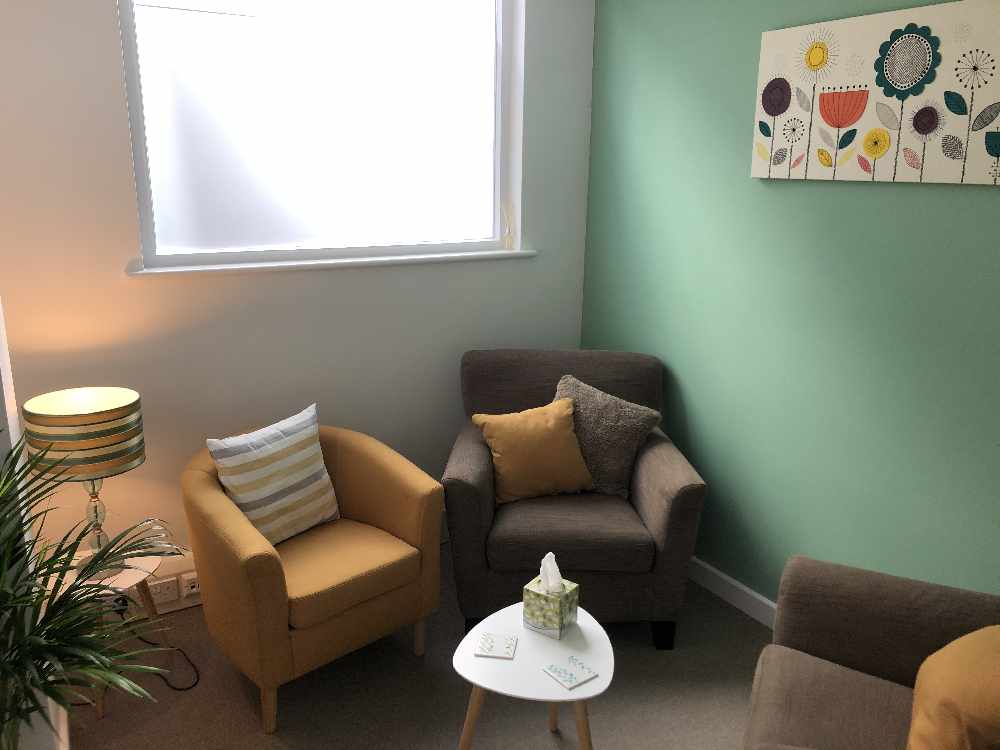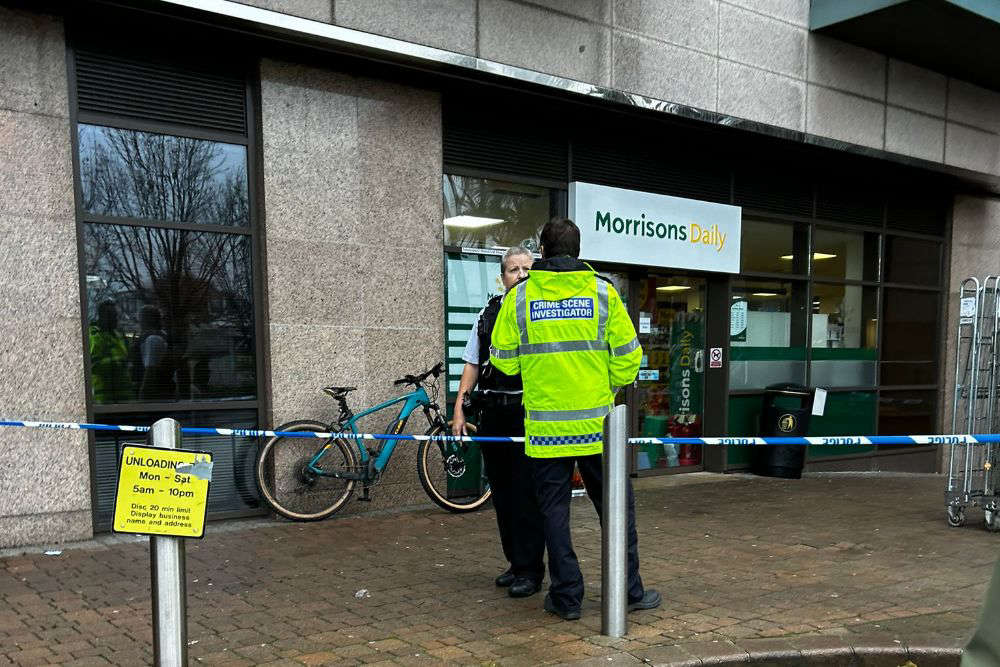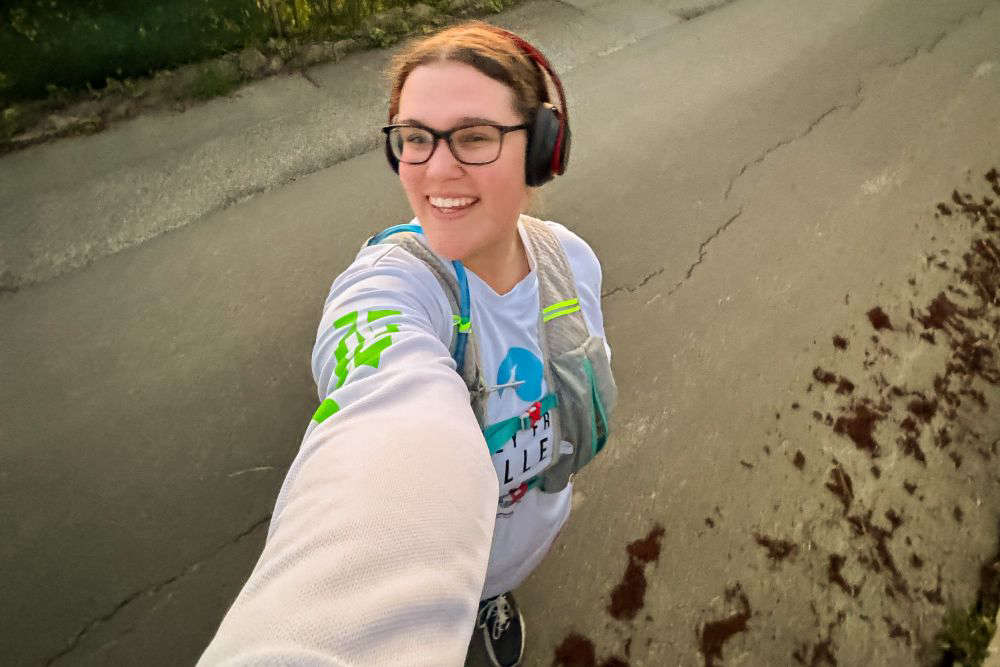
Politicians will be asked to increase the government's mental health budget by £500,000 next year.
£2 million has been budgeted for 2022 in a 'health recovery fund' to improve the quality and access to mental health services.
That increases to £3.8million per year from 2023 until 2025.
But there is concern that won't be enough, given the huge demand for support.
Deputy Mary Le Hegarat, who chairs the Health and Social Security Panel, says another £500,000 spent now will save much more in the future.
"We want people to be healthy and happy, we want people not to be anxious, and obviously the pandemic has made it a lot worse for a lot of people.
"We want to help those people as quickly as we possibly can, and not delay."
The panel is questioning if the budget for 2022 is realistic, given the increased pressures that mental health services are coping with.

"The Panel notes that the proportion of funding for crisis resolution has increased since its review of the Government Plan in 2020 but, highlights from the table above, that the estimated budget for 2022 is £291,667 lower than the budget for 2021 (and is £144,597lower than the forecast spend for 2021). The Panel queries if this is a realistic budget, based on the increased pressures on mental health services due to the pandemic.
"Furthermore, the 2021 forecast annual spend on complex trauma (as per the table above), is more than £700,000 below budget. The Panel was not provided with this information in time to submit further questions about this. From its review of the Government Plan last year, the Panel is aware that Covid-19 accelerated the crisis response/resolution work through the introduction of community triage, intensive outreach through the Home Treatment Team (HTT), and the strengthening of a focused liaison function.
"Per the breakdown of the budget provided above, this item forms the majority of the spend and the Panel is concerned that the original budget and plans for the funding have been de-prioritised. Additional pressures caused by the Covid-19 pandemic deserve additional funding and not the spread of funding that was initially intended for other matters."
If approved, the extra £500,000 would come from the Covid-19 budget.
The 'Focus on Mental Illness' group says the impact of Covid is not reflected in the plan.
"The impact of Covid in terms of increased demand for mental illness services does not feature in the Government Plan.
"As a charity, we are already seeing the devastating impact on some families affected by severe mental illness and the impact of Covid on family life."
Deputy Le Hegarat hopes increasing the budget in this way can lead to people getting the help they need much sooner.
"We've, as a panel, very much focused on mental health throughout our term in office and we will be following up on our previous review in December/January.

"From our perspective, this is money that could really be utilised to be able to ensure that those people who have been seeking help can get it, because it is the initial help that is critical."
The scrutiny panel also received a submission from the Service Lead at the Listening Lounge, who said it's vital that funding is proportionate to demand.
"We continue to see an upward trend in demand that is mirrored by referral rates to JTT/PATS, as outlined in the most recent HCS Quality and Performance Report (September 2021). This also identifies pressure points across several mental health services, manifesting as increased bed occupancy and unacceptable waiting times that are falling short of service standards.

"The prior allocation of additional funding towards mental health provision was very much welcomed but, whilst there has been some progress in driving change, mental health support remains far from where it needs to be. A second Listening Lounge in the West of the island has been discussed previously, and certainly investment in additional community spaces that are shaped by the voice of service users would bolster the current network of accessible support by creating more front doors for islanders, across all ages and stages of life.
"It is essential that funding allocated to mental health services in the Government Plan is proportionate to the current context and level of need, and provides scope for a considered and proactive approach to service development. Islanders’ wellbeing needs to be prioritised as part of the island’s ongoing recovery from the pandemic."
The request to increase the budget will be debated next month.


 Rooftop bar, climbing wall and concert hall in £110m Fort Regent plans
Rooftop bar, climbing wall and concert hall in £110m Fort Regent plans
 More schedule changes for Jersey to St Malo route
More schedule changes for Jersey to St Malo route
 Indefinite treatment order for man who stabbed shop manager
Indefinite treatment order for man who stabbed shop manager
 55 week wait for child autism and ADHD assessments
55 week wait for child autism and ADHD assessments
 Workers in Jersey must be paid at least £13 an hour
Workers in Jersey must be paid at least £13 an hour
 Pubs and nightclubs open later for Liberation 80
Pubs and nightclubs open later for Liberation 80
 Jersey teen with autism and epilepsy to tackle 150 miles for charity
Jersey teen with autism and epilepsy to tackle 150 miles for charity
 Jersey company keen to exploit CI wind potential
Jersey company keen to exploit CI wind potential

